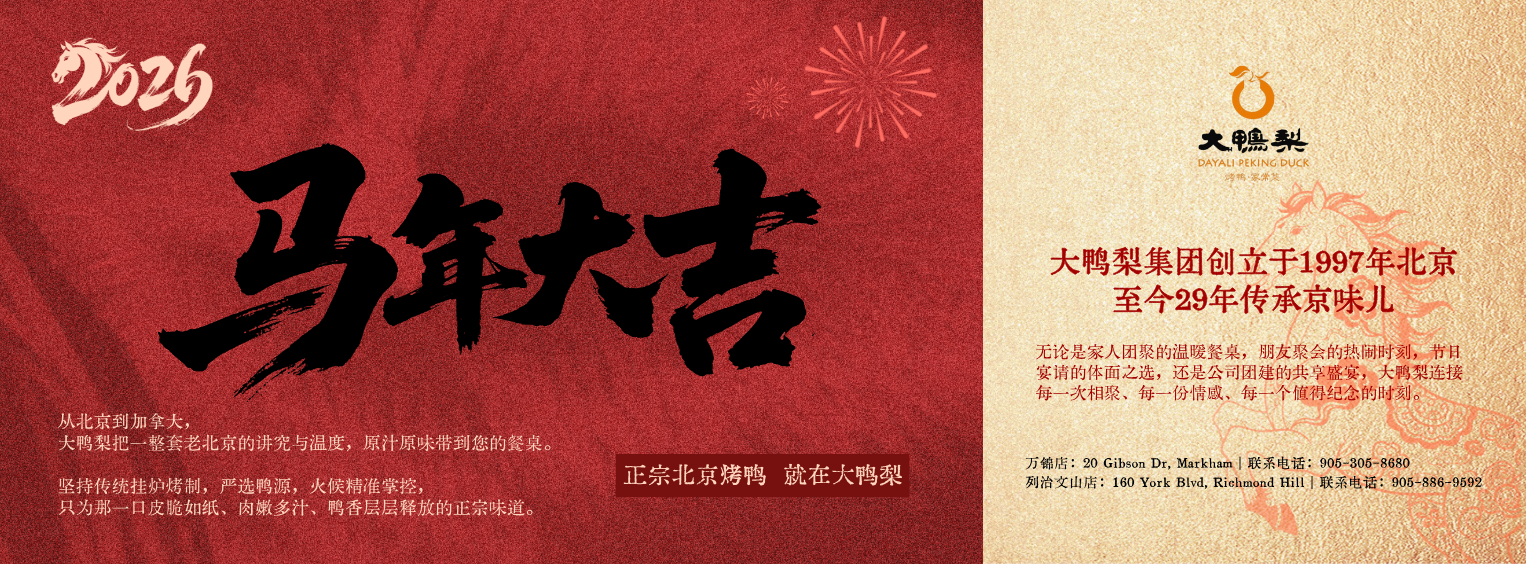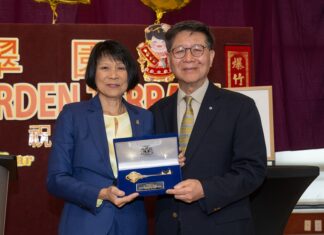
Introducing China’s firm position on developing a healthy and stable China-Canada relationship, Ambassador Wang expressed his wishes that the Canadian side could establish a right perception of China and take a more proactive and pragmatic China policy, thus creating a fair, just and non-discriminatory atmosphere for the exchanges and cooperation between China and Canada in various fields including trade, investment and people-to-people exchanges. It is also hoped that the Canadian side could work together with the Chinese side in deepening the mutual trust between the two peoples and facilitating the improvement and development of our bilateral relationship. He also expressed his hope that the Globe and Mail could play a constructive role in this process. |
| Ambassador Wang also took questions about China-Canada relationship, bilateral practical cooperation in fields like trade, investment and education, prospects of China-Canada practical cooperation, issues regarding the Arctic and Canada-US relationship. The transcript of the interview is as follows: |
On the Prospects of China-Canada Relationship
On the subject of Canada-China relations, we have a new prime minister, Mark Carney. Mr. Carney visited China at least twice last year, once in March, when he met with President Xi Jinping during a visit to China in his capacity as chair of Bloomberg’s board. In October, he visited Beijing for a financial conference. So he seems to be very comfortable engaging with China. Do you think that Mark Carney represents a significant and real opportunity to repair and improve relations between China and Canada?
After Prime Minister Mark Carney was sworn in, the Chinese leadership sent a congratulatory message to him. China has expressed that it attaches importance to its relationship with Canada, and has expressed the willingness to work together with a new government to improve and develop our relations. So we look forward that Canada can establish a correct perception of China and adopt a pragmatic and proactive China policy.
It’s a natural thing that China and Canada as two countries have differences in many areas. But the 55 years of history since the establishment of diplomatic ties has fully proven that as long as both sides can uphold the principle of mutual respect and seeking common ground while reserving differences in promoting our relationship, we will be able to achieve mutual benefit. Let me stress that China is ready to work together with Canada in the same direction to move forward our relations. Let’s work together and open a new chapter in our bilateral relations.
On China’s Countermeasures
I am interested in talking to you about the prospects of improving, of repairing and increasing relations between Canada and China, but tomorrow, China is going to impose significant tariffs on Canadian imports. Why are you doing this?
Talking about China-Canada relations, I think there’s a lot we can talk about. First of all, the China-Canada relationship has a very solid historical foundation and our two countries are highly complementary with each other. This year marks the 55th anniversary of the establishment of diplomatic relations between our two countries, as well as the 20th anniversary of the strategic partnership between China and Canada. In the past 55 years, both sides have achieved fruitful outcomes in our relationship and in our co-operation in various areas.
For quite a long time, Canada was kind of one of the Western countries that had the best relationship with China. But unfortunately, in the past few years, our relationship suffered setbacks. This is not something China would like to see and what has happened, and the facts are clear, but now China is ready to move forward.
As you may know, I have been here in Ottawa for almost 10 months. After I came here, my message to the Canadian government officials as well as Canadian friends from all walks of life is that as the new Chinese ambassador to Canada, my mission is to push forward the China-Canada relationship.
But how can we move forward? How can we push forward the relationship from a low point? I think what is really important is that we need to establish a right perception of each other, because China has always regarded Canada as a partner, as a friend. As you may know, co-operation between friends is different from the exchanges between people who are not friends.
China hopes that our co-operation with Canada is the co-operation between friends, between partners. China’s perception of the China-Canada relationship is that no matter when, China is ready to engage with Canada in co-operation, because we believe that such co-operation is beneficial to the people of both of our countries. But at the same time, we hope that China’s sincerity will be responded with the same sincerity from the Canadian side.
You mentioned China’s recent countermeasure against the unilateral discriminatory tariffs imposed by the Canadian side on Chinese products. I think the facts behind this decision are also very clear. Because last year, in disregard of China’s strong opposition, and multiple rounds of persuasion, Canada insisted on imposing unilateral, restrictive and discriminatory tariffs on China’s EVs and aluminum and steel products. And actually, before imposing the tariffs on China, Canada did not do any investigation, and that was a blind following of other countries. This was a clear violation of WTO rules. Last September, China released a public statement announcing that it would conduct an anti-discrimination investigation against the Canadian measures. After the investigation, in accordance with the law, China’s conclusion is that the Canadian discriminatory tariffs hurt the lawful rights and interests of the Chinese companies and damaged the normal international trade order. That is why China took this countermeasure.
Let me remind you that what China did was a countermeasure, and it was targeted at the discriminatory measures taken by the Canadian side. We hope that Canada can respect the facts and rectify its wrongdoings; then this problem will be resolved.
On Canada’s “Dumping and Overproducing” Charges of Chinese EVs
As you know, the Canadian government said it took the measures against electric vehicles and steel and aluminum, because Canada said that China has been dumping; strategically overproducing and dumping product to the detriment of Canadian and North American industry.
If you want to know what is really overproduction – overcapacity – we can have a very detailed discussion. A lot of experts have clear opinions about what overcapacity is. But I want to point out here: the success of China’s new energy industry, including the EVs, is built on Chinese companies’ technological innovation, built on the well-established supply and industrial chains of China, built on the quality labour force of China. All these comparative advantages of Chinese companies have enabled China to produce products needed by the market. So this is a result of market principles, not government subsidies. And, actually, there was no dumping in the Canadian market, because here in Canada, you don’t have a lot. You only have few Chinese-made EVs.
Actually, a couple of days ago, I asked my colleagues here to find a passenger EV made by China here in the Canadian market, but they couldn’t find it.
Teslas?
Well, Tesla, just to be clear, is the product of somebody who is a dual citizen of Canada and the United States.
Again, you cannot draw the conclusion of some countries dumping here in Canada just by saying that the country has some cars here. Do you know the numbers of exported Chinese cars every year?
Tell me.
Every year, only 15 per cent of Chinese-made cars are exported.
And if you look at the numbers of other major car-producing countries, their export percentage is very high. And if you are interested, I can share with you these numbers.
“Force Canada to Choose Sides?”
Earlier in the conversation, you talked about us imposing these tariffs on electric vehicles from China because we were “blindly following” other countries. What other country are you referring to?
Your neighbour to the south.








